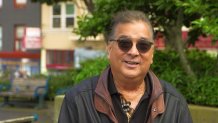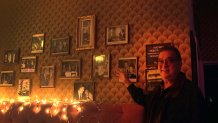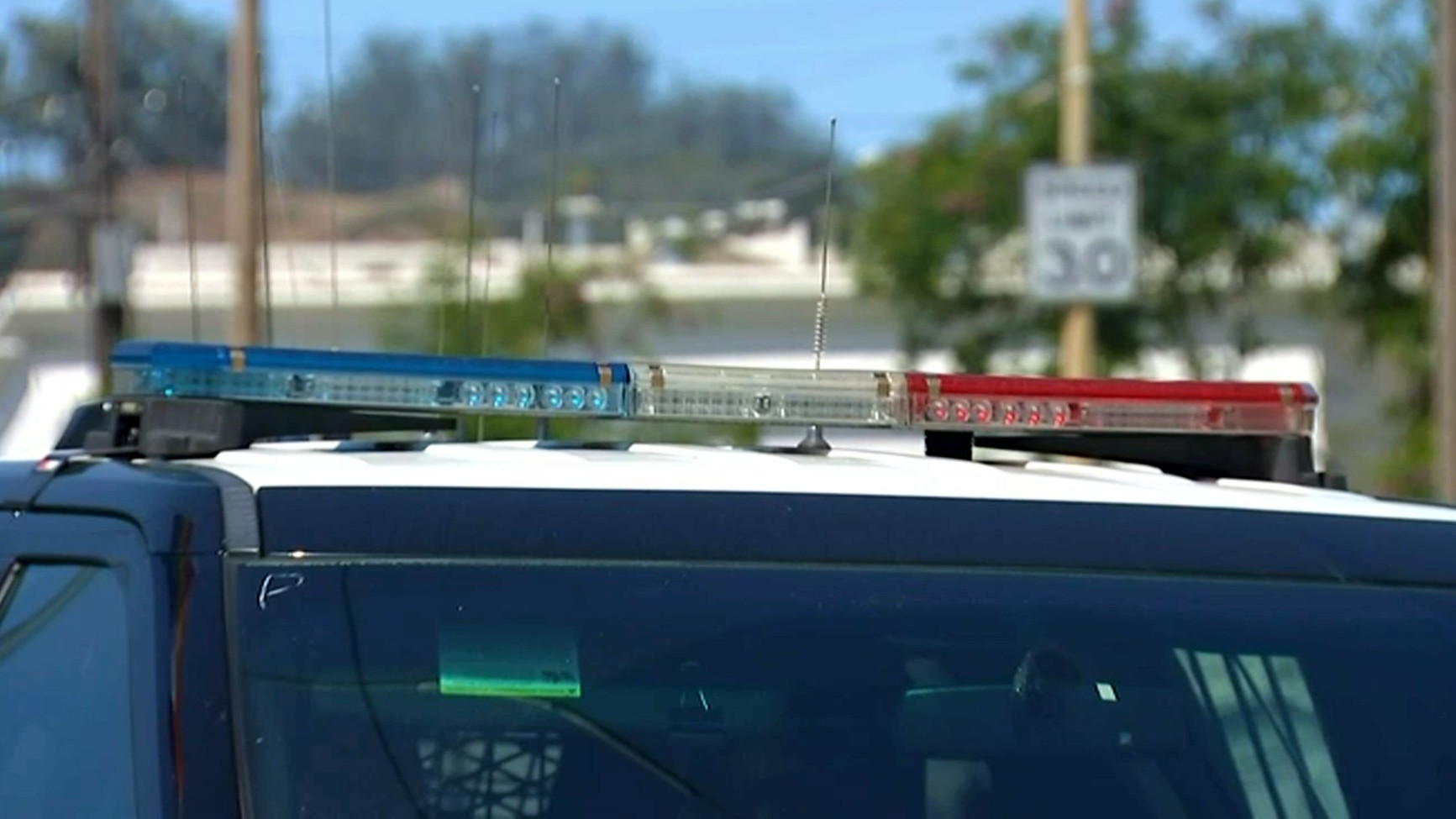If Steven Lee ever had a need to write a resume, there’s a chance its readers might end up with whiplash.
Consider in his last four decades, the San Francisco man has opened nightclubs, served on city commissions, built statues, saved restaurants and a parking garage, and attended more parties than most humans. In the world of resume writing, that’s a two-pager.
“We do this because we love Chinatown,” said Lee, taking a rare break to sit on a park bench in Chinatown’s Portsmouth Square.
For all of those decades in the nightlife industry, Lee has been a quiet champion of the historic neighborhood, spotting needs within the community and launching efforts to solve them. Those efforts belie his passion for party planning and promoting the city’s nightlife, which has been a Sisyphean task at times. His work also led him back to his Chinese heritage, something which never really registered as a kid growing up in nearby Vacaville, where he was one of the only Asians in his high school.
“I didn’t feel myself really Chinese at the time because all my friends were Caucasian,” said Lee. “It wasn’t until I was 13, my father said, ‘Oh, I think I should start teaching you to speak Chinese,’ and I was, ‘Why?’”
Lee described his childhood in Vacaville as an existence far from the action that would compel his adult life. During high school, he and his siblings worked in his father’s grocery store. Excitement was someplace else.
“Cows, onions,” he said. "Nothing at the time anyway.”
It was only when he went to San Francisco State where he found a double awakening: Asian studies classes opened his eyes to his own culture, and he also developed a passion for throwing parties. After the realization one could make money by organizing parties, Lee joined a social club and began throwing parties and dances.

But unlike most partiers, he discovered you could also turn party-planning into a career. He opened his first nightclub in San Francisco in 2000. All the knowledge he developed while opening the club and dealing with city bureaucracy led him into another side career as a city commissioner.
Get a weekly recap of the latest San Francisco Bay Area housing news. >Sign up for NBC Bay Area’s Housing Deconstructed newsletter.
Local
“I learned a lot about law enforcement, I learned about dealing with neighbors,” said Lee. “So there was an opening on the entertainment commission.”
Lee spent the next decade on the entertainment commission, using the position to try to promote the city’s nightlife. Other people began to realize the potential of nightlife when then-supervisor Scott Weiner requested an economic impact study that found the city’s nightlife generated $8 billion a year.
“I mean that was a game changer when he did that,” Lee said.
Through his parties, Lee started to raise money for nonprofits and communities in Chinatown and Japantown. When the owners of the legendary Chinatown restaurant Sam Wo announced they would have to close, Lee jumped in. He recalled the many nights he spent in the funky late-night restaurant after the clubs closed, its aging owner personally cooking the meals.
When the news of Sam Wo’s pending demise went public, lines of people turned out for a last meal — the lines stretching around the block from 10 in the morning until 3 a.m.
“Basically this place means a lot to the community,” said Lee. “That’s why I put the time to rebuild it.”
Lee organized a group of investors and moved the restaurant to a new location in 2015. On occasion, he even shows up to wait tables and mop the floor.
Lee answered another cultural call.
As the 150th anniversary of the connecting of the transcontinental railroad rolled around in 2019, He noticed there were no statues anywhere honoring the thousands of Chinese laborers who toiled on the railroad, often performing the most dangerous jobs. Lee organized a fundraiser and a design contest to build a large bronze memorial. The large statue depicting the laborers in action is currently on display in the California State Railroad Museum in Sacramento.
“We can thank Steven Lee for a tribute to that and helping to educate people and preserving our arts and culture and our immigrant legacy in Chinatown," said Sonny Angulo, chief of staff for Supervisor Aaron Peskin.
When the pandemic hit, Chinatown took much of the brunt, with many businesses closed up as visitors falsely connected COVID to the city’s Chinese community. Drawing from his party-planning roots, Lee saw a possible solution in reinvigorating the area’s once bustling late-night scene, which in the 1950s hosted some 25 nightclubs and bars.

He opened Lion’s Den nightclub in a former nightclub that in its glory days hosted the likes of Bob Hope and John Wayne. It was the first new live music club to open in the neighborhood in decades.
“Before the pandemic, our numbers were dropping, tourists were stopping to come to San Francisco because of getting a bad rap,” Lee said. “I went to the community and said we need to do something to bring customers back to Chinatown other than selling back scratchers and woks.”
Lion's Den, as well as a Michelin star restaurant and a vogue kimono shop are among a new generation of businesses drawing a growing number of visitors back to the neighborhood.
“You see a lot of these empty storefronts are coming back with new blood,” Lee said. “It is on the upswing, but we still got a long way to go. We still need tourists.”
Lee mused perhaps all his endeavors are a way of making up for the quiet childhood in Vacaville. His efforts to help Chinatown may be a reflection of the cultural roots he’s built since college.
Although he claimed Lion's Den is the last club he’ll open, his latest project is an all-in-one art gallery and wine shop on Grant that promotes Asian-owned wineries.
“I think Chinatown’s always going to be a special place,” Lee said, glancing around at Portsmouth Square where a nearby card game was underway. “It’s amazing what you can do here.”



